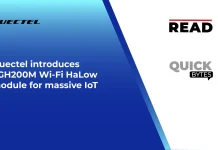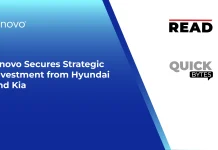Avirmax Inc., a company focused on delivering protein therapeutics via recombinant adeno-associated viral (rAAV) vectors announced that the United States Patent and Trademark Office (USPTO) has issued U.S. Patent No. 11,453,869, which is directed to the composition and methods related to the use and administration of catalysis deactivated angiotensin-converting enzyme 2 (ACE2) for preventing SARS-COV-1 and SARS-COV-2 infection.
Also Read: BIOCORP and Merck KGaA, Darmstadt, Germany, Sign a New Partnership for Smart Drug Delivery
Human ACE2 has been confirmed as a specific receptor for several β group coronaviruses including severe respiratory syndrome (SARS) coronavirus (SARS-CoV-1), a low pathogenic coronavirus of HCoV-NL63, a member in α-coronavirus group and SARS-CoV-2, the causative agent of COVID-19. The patent covers the extracellular domain (ECD) polypeptide of ACE2 with one or more mutations in the enzyme catalytic center that cause the loss of ACE2 catalytic activity (herein referred as ACE2-vECD) and enhance the binding affinity to the SARS-CoV1 and SARS-COV-2 S1 spike proteins. The ACE2-vECD fused to the Fc fragment of human IgG1 (ACE2-vECD-Fc1) can function as a common blocking reagent, similar to neutralization antibodies, preventing COVID-19 variants or SARS-COV1 to enter host cells and the viral replication cycle. The rAAV mediated expression of the catalysis deactivated ACE2 in nasal/olfactory epithelium therefore acts as a decoy receptor for SARS-COV blocking infection of epithelial cells and the following viral replication.
Avirmax, Inc., based in the San Francisco Bay Area, is dedicated to the innovation, development, and manufacture of adeno-associated virus (AAV) vector mediated biotherapeutics using its proprietary protein therapeutics and Bac-to-AAV technologies.
Avirmax’s AAV Innovation Platform, a robust streamlined assembly line of novel AAV vector discovery and development, enables us to become a powerhouse of rAAV therapeutics due to its highly transducible AAV vectors with high titers at production and enhanced expression of gene of interest (GOI) in target cells. Our ultimate goal is to deliver patients with effective, safe, long-acting AAV-mediated biotherapeutics in the most affordable and accessible manner possible.






